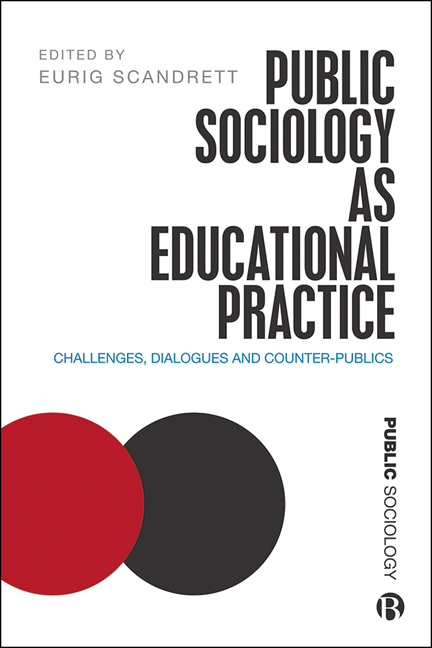III.1 - Precarity as an Existential Phenomenon within a Post-industrial Labour Market
Published online by Cambridge University Press: 02 March 2021
Summary
Introduction
This chapter argues from a neo-Marxist perspective that precarity is an existential phenomenon, whereby economic actors experience a state of productive anxiety within a post-industrial labour market. In this sense, all who labour are positioned on a spectrum of vulnerability to precarity; a positionality that is both individuated and collective, constantly producing capital gain. Furthermore, that precarity as a state of existence provides capital with a mechanism to appropriate the commons of the life-world; that personhood is progressively given up to capital through the extensification and intensification of economic labour. In order to develop these critical points, the chapter will utilise particular examples of the precarious interrelationship between individuals and collectives within the labour market in the UK, focusing initially on the nascent labour of students in the marketised university. The examples will be drawn from case studies produced via a longitudinal research project undertaken by one of the authors (Gee, 2017). The chapter will conclude by considering how, through solidarity, individuals and collectives might become less vulnerable to the processes of producing precarity outlined above. As will be discussed, solidarity is understood to be the collective experience of precarity made manifest in the minds of economic actors; a precursor of the formulation and enactment of a practical politics for change (Spivak, 1990).
The research project
The focus of the research project was on undergraduate transitions toward the labour market and beyond, three years on from graduation (Gee, 2017). During the course of the project participants provided accounts of how their ‘career’ had unfolded as an undergraduate and subsequently as a graduate; critically, the accounts included concerns about enacting career in a precarious post-financial crash labour market. The participants had studied a course in the social sciences at a post-1992 university in the East Midlands region of England; many of the participants were the first generation of their family to experience higher education (HE). Participant accounts were gathered and analysed in three stages. As a first stage, the participants as undergraduates engaged in a writing task (as part of a summative reflexive worksheet assignment for a second-year module); these written accounts were supplemented by oral accounts gathered via semi-structured interviews. In stages two and three, semi-structured interviews were conducted with participants two years after graduation, and then subsequently a further year on from graduation.
- Type
- Chapter
- Information
- Public Sociology as Educational PracticeChallenges, Dialogues and Counter-Publics, pp. 239 - 252Publisher: Bristol University PressPrint publication year: 2020
- 1
- Cited by



